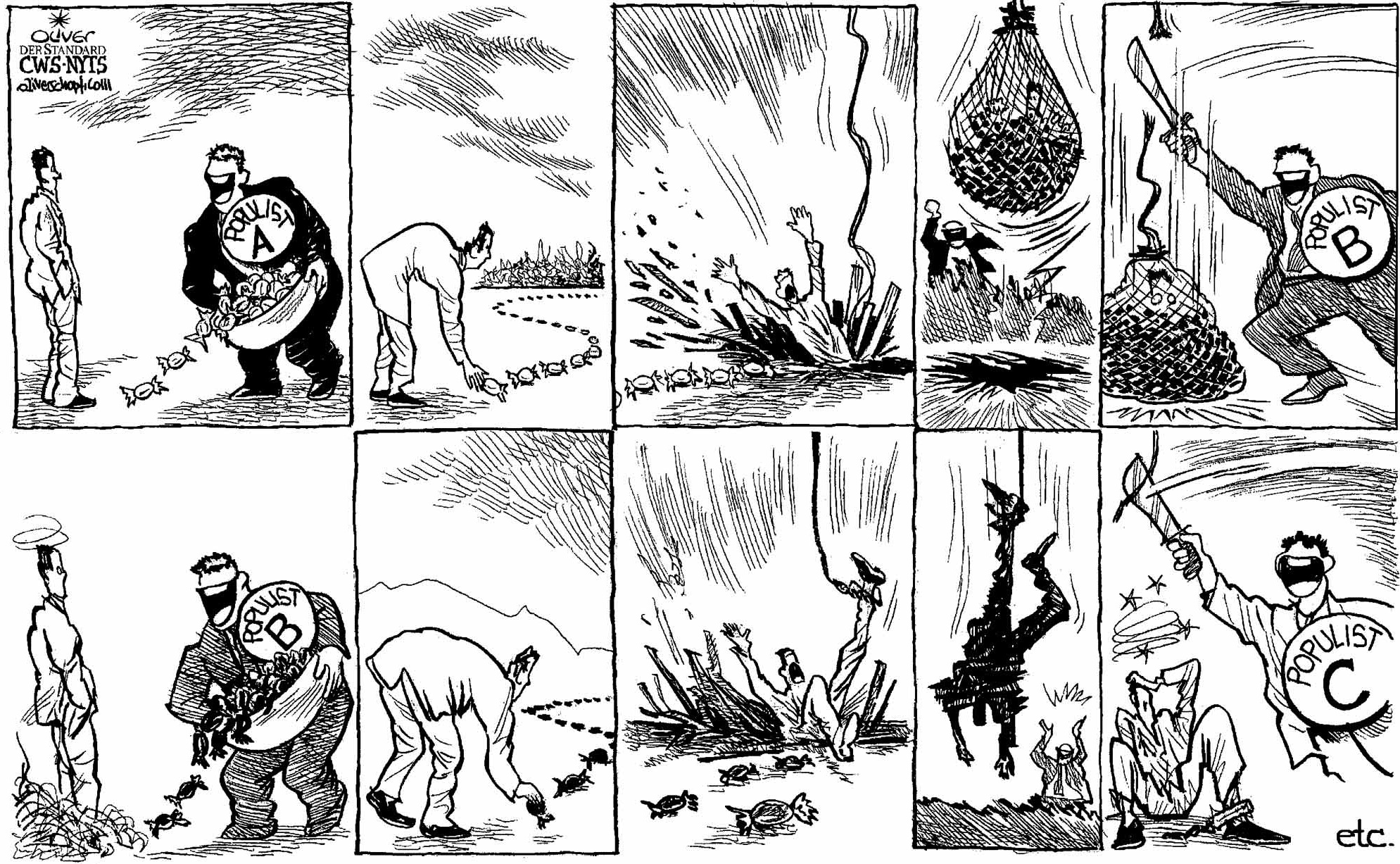Today, it appears that every single election in Europe can be reduced to one central question: "Is it a win or a loss for populism?" Until the Netherlands' election in March, a populist wave — or, as Nigel Farage, the former leader of the UK Independence Party, put it, a "tsunami" — seemed irresistible. Now, however, the wave has suddenly receded: following Emmanuel Macron's big wins in France's presidential and legislative elections, we are supposedly living in a "post-populist moment."
Unfortunately, this view of populism's rise and fall merits the label often attached to populism itself: simplistic. The notion of an unstoppable wave took for granted that both the United Kingdom's Brexit referendum and Donald Trump's election in the United States were triumphs for populism, rather than for establishment conservatives.
To be sure, both Farage and Trump are populists, but not because they criticize elites. After all, vigilance toward elites can in fact be a sign of democratic engagement. What distinguishes populists is their claim that they alone represent the "real people" or "the silent majority." For populists, an election is never just about opposing policy views; it is about the personal corruption, immorality and fundamental illegitimacy of all other contenders for power.



